Posts tagged “collect”
The Collector’s Fallacy and Reward Dependency
Dear Zettlers, During a coaching session, I talked about a specific incarnation of the Collector’s Fallacy: Buying books and never reading them. My client correctly identified part of the cause for his behavior: He is using a Kindle to read. There, it is super easy to buy a book. So, when he sees a book that seems interesting, he buys it straight away. Part of the cause of this behavior is easy access.
Zettelkasten Live Ep. 4: Structure, Structure, Structure. Bringing Order to Your Archive
In today’s episode we used our crappy English (I don’t know what went wrong today) to talk about misconceptions when using the Zettelkasten: you cannot automate yourself away. The archive always needs an intelligent (!) user to help generate ideas, and you need to take note of them for later retrieval.
How to Not Get Lost in a Book

I am a huge proponent of not having any overview. The reason for that is the self-selective nature of the need for an overview. The need for a reasonable amount of overview can become a fetish which not only is not only unnecessary but even harmful for your productivity and creativity. If the need of generating overview for your knowledge archive becomes self-selective, it becomes non-functional and is cancerous to your knowledge system we call a Zettelkasten.
Your First Note – Don't Overthink It
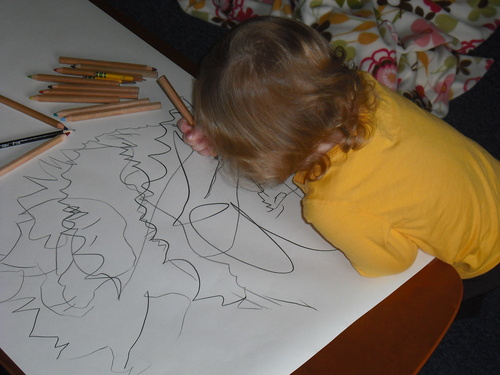
The Zettelkasten note archive is the storage of your knowledge. The Zettelkasten Method is an ideation tool, though. Using your Zettelkasten should help remember stuff and spark new ideas which will be stored as Zettel notes again. This process is fruitful and potentially never-ending. All that sounds nice, but naturally you have to start somewhere. How do you start working with your Zettelkasten? What’s the best first note?
Fake Progress
With the help of intentions and promises, he maintains the honest impression that he is moving toward the good, yet all the while he moves farther and farther away from it.
—Søren Kierkegaard
Making decisions isn’t progress. Planning soothes your mind. But it’s a false sense of accomplishment. You still haven’t done anything by then.
Similarily, reading itself isn’t progress. We have learned a bit, but until we process the information, we haven’t yet succeeded.
Remember the Collector’s Fallacy:
‘[T]o know about something’ isn’t the same as ‘knowing something’. Just knowing about a thing is less than superficial since knowing about is merely to be certain of its existence, nothing more. Ultimately, this fake-knowledge is hindering us on our road to true excellence. Until we merge the contents, the information, ideas, and thoughts of other people into our own knowledge, we haven’t really learned a thing. We don’t change ourselves if we don’t learn, so merely filing things away doesn’t lead us anywhere.
Reading is cheap. Reading is easy. Processing notes is hard and time-consuming. But the hard work is the work that matters in the long run.
Listen to Schopenhauer: Reading Is Only Part of Becoming a Thinker
Found this nice piece on Farnam Street on Schopenhauer and writing.
In it, Shane cites Schopenhauer thusly:
When we read, another person thinks for us: we merely repeat his mental process. It is the same as the pupil, in learning to write, following with his pen the lines that have been pencilled by the teacher. Accordingly, in reading, the work of thinking is, for the greater part, done for us.
That’s not much of an invitation: if you read, you don’t think for yourself.
Fittingly, Shane rephrases Schopenhauer’s point in this way:
We need to digest, synthesize, and organize the thoughts of others if we are to understand. This is the grunt work of thinking. It’s how we acquire wisdom.
Reading alone doesn’t cut it. Reflecting is important.
Now guess what the Zettelkasten Method helps you do. Part of the knowledge cycle is to take the inspiration from a text and transform it into knowledge, which is acquired through a process of constructing. Don’t stick to the exact words of the author and try to memorize them. Write something on your own.
From Reading to Zettel Notes: Dan Sheffler's Workflow for a Doctoral Thesis in Philosophy
Welcome to the bright side of blogging: being part of a discourse!
Dan took some time to write about his workflow, how to get from reading to Zettel notes. (I posted about his setup earlier this week.)
I think the main takeaways of his post are the following and remind us of the foundational principles of bullet-proof knowledge management:
- Separate capturing notes from feeding your long-term archive.
- Take notes immediately: when you have a thought, capture it, no matter how. Do it in your own words.
- While processing your notes, focus on the principle of atomicity. Capture a single idea per note.
- Connect notes heavily.
Dan’s screenshots of Zettel notes in Sublime Text about his doctoral thesis in philosophy convey how you can tackle complex problems in the long term.
About a third of his example seems to be made up of annotated connections to other notes. As you can see in the “mini map” of his note in the upper right, his Zettel is quite long. That’s just fine.
Most of our recommendations sound like you should avoid anything longer than a paragraph. But brevity is quite ambiguous a term. I can imagine Dan is keeping it brief but the material is so vast he’s just adding more and more valuable references and connections to the note.
Writing a doctoral thesis often requires you go deep, and going deep will inevitably result in more details and more references to back up your argument and interpretation. Don’t chop off half of it only because you don’t like scrolling.
Make sure to check out the comment thread where Dan’s post originated.
Take Reading Notes – A Reminder
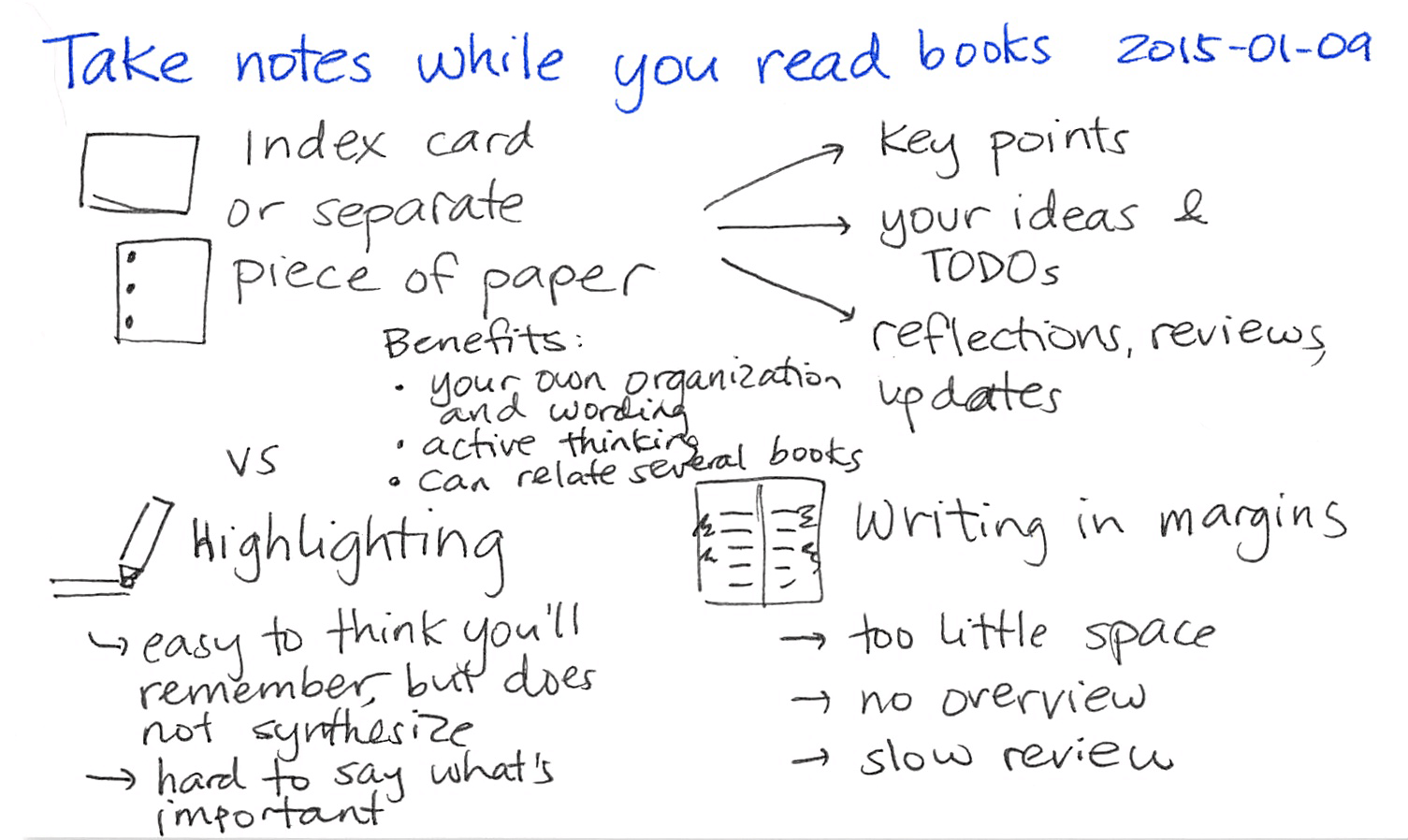
Here’s a reminder why making marks in books alone isn’t such a good idea: they are hard to interpret. Margins are too narrow for notes. So write reading notes on index cards or in notebooks.
You might want to take a look at Reading – Putting it all together to find out why highlights alone don’t suffice for information retention.
My Collector's Fallacy Confession
Last week, I found out how large my backlog of unassimilated information really is. (Spoiler: it is huge.) Sascha and I share a small apartment and recently re-arranged some furniture. Both of us had to empty our bookshelves so we could move the furniture around. Only a week later did I finish actually reordering the books and using my bookshelf again.
How to Write a Note That You Will Actually Understand

If you not only take notes but also edit them before you put them into you archive (hopefully a Zettelkasten), you will save energy and time, and preserve sanity. It will also enhance the clarity of your writing in general. If you use the Zettelkasten Method you will be faced with your ghosts of the past. If I ask my Zettelkasten about a term like evolution, it throws Zettels from 2010 at me.
Use Idea Indexes for Journals and Fiction
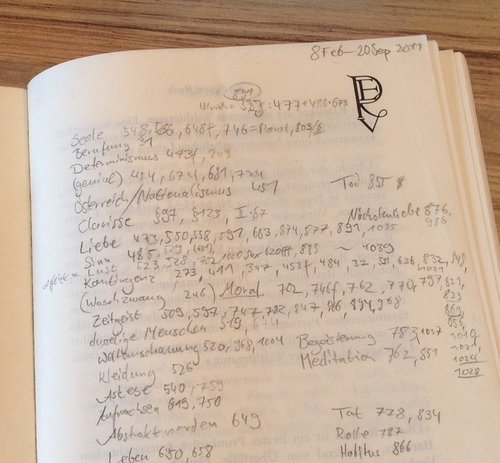
It’s nice to have an idea index in your book’s front pages. Revisiting a text you read years ago and finding an index in the front is a great feeling. Cal Newport recently blogged about idea indexes. I think they are very useful for fiction and personal journals.
Reading Habits: Putting It All Together

I am moving next month, and so I though about getting rid of stuff in my life. There are lots of books I’ve read, but from which I never processed all the notes. I know for sure that at I finished least one book in the collection about two years ago! You see, I was, and still am, vulnerable to the Collector’s Fallacy. While I try to get through the pile of books, I reviewed my reading process. This is a summary where I put together some of the topics I already wrote about
The Collector’s Fallacy

There’s a tendency in all of us to gather useful stuff and feel good about it. To collect is a reward in itself. As knowledge workers, we’re inclined to look for the next groundbreaking thought, for intellectual stimulation: we pile up promising books and articles, and we store half the internet as bookmarks, just so we get the feeling of being on the cutting edge.
Extend Your Mind and Memory With a Zettelkasten
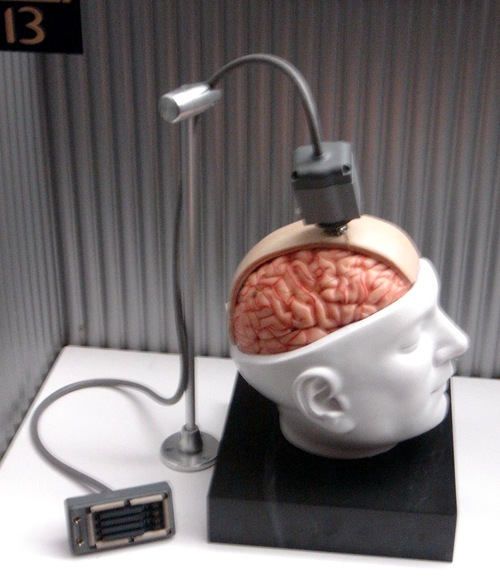
A Zettelkasten is a device to extend your mind and memory so you can work with texts efficiently and never forget things again. Both permanent storage and interconnectedness are necessary to use the full potential of an archive for your notes. You need a permanent storage for your notes so they can give a cue for the things you want to remember. You also need to manually connect notes to create a web of notes which adjusts to the way your mind works.
Create Zettel from Reading Notes According to the Principle of Atomicity
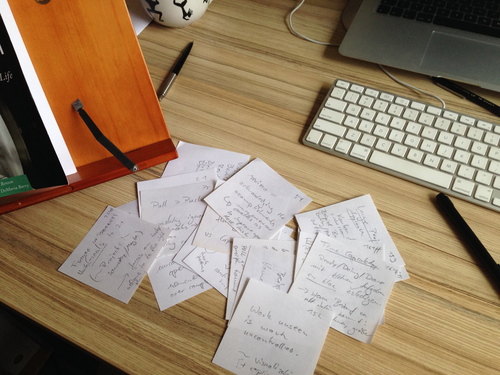
As I said in my last post, my reading workflow consists of GTD-like phases: collect, process and write. While I wrote about collecting before, this post is about the three phases of processing notes. In the last section you’ll find a few example Zettels I wrote.
Making Proper Marks in Books
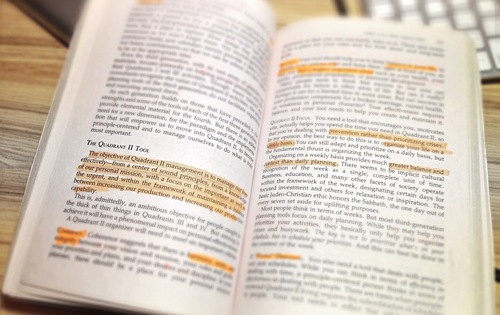
My reading workflow consists of phases similar to the phases in GTD: collect, process, write. This post is about collecting. To collect, it doesn’t help to paint your text in all colors of the rainbow. No matter how much you like to use highlighter pens: think about what you want to learn from the text first, and then decide whether marks are really the best tool for the job.